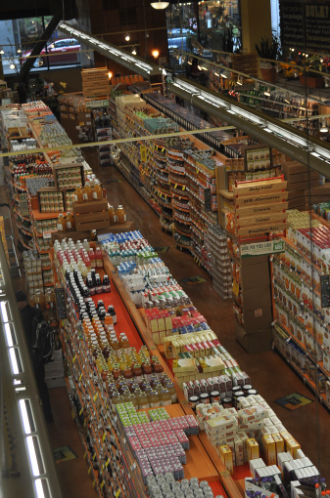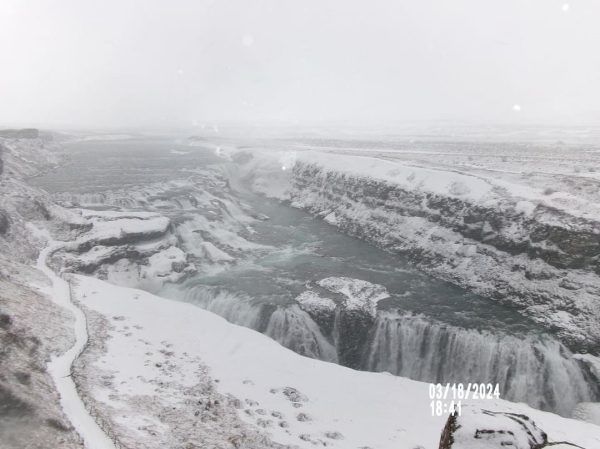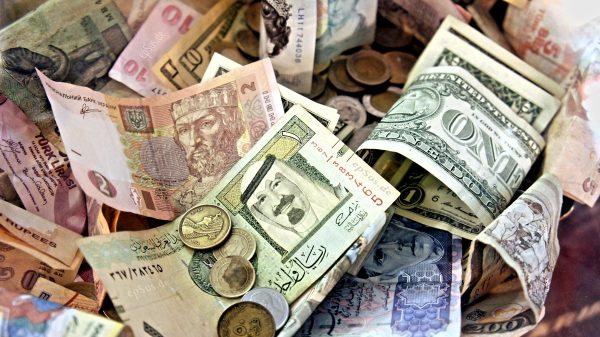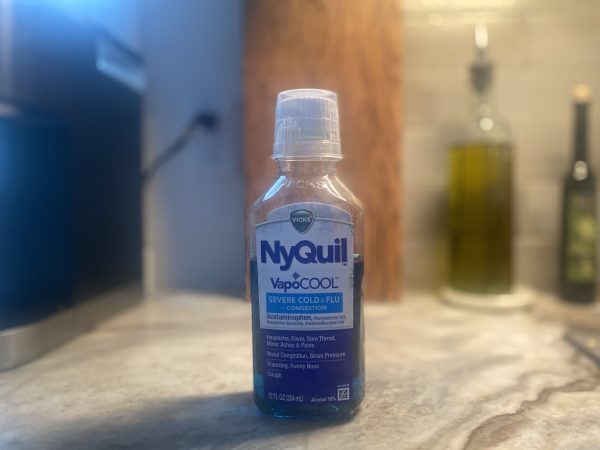Avocados and Climate Change: How This Health Food Endangers the Environment
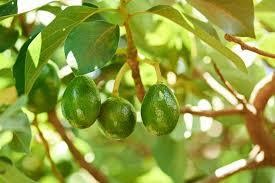
Avocados are becoming increasingly popular as of late because of their health benefits.
Sure, avocados are great for the human body; they provide vitamins, healthy fats, and omega 3 oils. What’s not to love? But have you ever considered the environmental consequences of farming this healthy food? From illegal deforestation to water crises, this hip superfood could be more trouble than it’s worth!
Economically speaking, the increase in demand for avocados is great! Until recently the US didn’t have access to Mexican avocado. They were considered an agricultural risk due to the presence of borer worms in Michoacán (The World’s Avocado Capital). In 1997, Michoacán had taken care of the borer worm problem and by 2005 Michoacán avocados could be found in almost every supermarket across the US. But because of the success of the avocado and the constant demand for the fruit has put a heavy strain on farmers and the environment.
Illegal deforestation is on the rise in Michoacán. Forests are often burned to bypass a Mexican law that lets farmers change forests to commercial agricultural land since it was lost to fire. Habitats for diverse groups of animals are lost to this burning and climate change has been on the rise. According to Pennridge environmental science teacher, Mrs. Bates, this deforestation affects the planet as a whole, “So, what happens when you lose vegetative cover or cut down trees, is that it can, one, destroy habitats, lots of organisms live in a forest, that have a cascade through a food chain, so it can affect things outside of the forest. Two, it can cause a lot of soil erosion. Which leads to water pollution because the tree roots hold that soil in place. Then, if we are concerned about the climate crisis, trees act as a carbon sink through photosynthesis. So, if we’re cutting down the trees, we’re losing that absorption of carbon dioxide out of the atmosphere.”
Erratic weather patterns are becoming more and more common in this area as well. Michoacán is experiencing hotter and longer summers, colder and shorter winters, and irregular rainfall. Clean water in this area is growing scarce due to the low rainfall and irrigation disrupting the local ecosystem. Mrs. Bates explains how this can spell trouble for the people in this region. “They [avocados] are grown in countries with water scarcity. So, when you reroute water, what it can do is it can dry up wetlands downstream. The actual river might not even reach its terminus. Where it goes out to the ocean and that can create a water crisis. Downstream, because people and organisms rely on that water. Diverting it upstream to all this agriculture, you’re not going to get it downstream.”
“They’re very thirsty plants. They need two times more water compared to oranges. I don’t know the actual gallons it requires, but it is a VERY VERY THIRSTY PLANT.” Avocados are considered the thirstiest crop grown. One mature Hass avocado tree requires 600 to 1,000 gallons of water per month! That’s about 60 gallons for a single avocado! Throwing out one avocado can be compared to running the shower for an hour without anyone using it. Always be aware of food waste!
The question is how can we help prevent the issues caused by intensive avocado farming? Mrs. Bates has blessed us with some information on how to better the situation. “So, with the water issue, you could use water irrigation techniques that reduce evaporative water loss. One is drip system irrigation… Basically you have perforated tubes that administer water directly to the root so that you reduce the amount that evaporates before it gets to the soil. The only downside with that is that it is super expensive.” There are a number of advocates working to get funding for improved irrigation systems. Not only are they devoted to irrigation systems but they’re also working to stop illegal deforestation. Mrs. Bates continues, “…in terms of deforestation, it’s really just if there is a demand. What I mean by that, if there is a big demand for avocados, there is obviously going to be a big demand for farming. So you kind of have to attack the demand side of avocados to do that… eating avocados is still better for the environment than eating animal-based calories because plant-based calories don’t require as much land as animal-based calories. But, in terms of carbon, you produce half as much carbon if you have avocado toast compared to toast with bacon on it, even though avocados do have a negative impact on the environment, it’s still better than eating animal calories, in terms of environmental impact.”
The trend of avocados isn’t going to die out anytime soon, and we can’t just kill a whole industry. While you can still eat your avocados if you want to, consider the environmental cost. Try buying in season, so farmers aren’t pushed to keep producing all year round and stressing the local environment. The best thing you can do is to make sure it doesn’t go to waste. Don’t waste any food.
Interests- Art, writing, involved in philosophy club.
Hobbies- Art, creative writing, hiking, collecting cool rocks, studying bugs, cooking, and trying...

